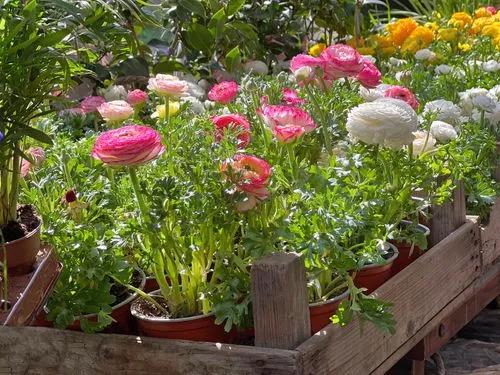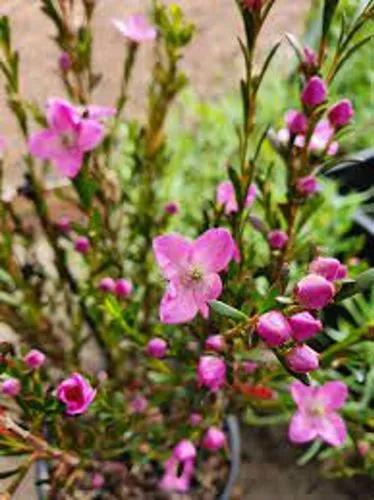The broom plant (Cytisus scoparius) grows as a hardy, deciduous flowering shrub. Thin branches arch upward, reaching maximum heights of 6 feet. In the spring, the shrub becomes covered with small, bright yellow flowers. Also known as Scotch broom, this prolific bloomer makes an attractive choice for home gardeners who want a showy, low-maintenance shrub. Unfortunately, Scotch broom also spreads rapidly and may become invasive.
European Broom Care
Cytisus Scoparius



How to Care for the Plant

Water

Water the broom plant only twice per month, and only if there is no rain. Deep, slow waterings are best. Use a soaking or drip hose to let water seep into the ground.

Pruning

To help give the plant a tidier look, you may want to prune or pinch off the spent flowers.

Sunlight

Expose your broom plant to a minimum of six hours of sunlight per day.

Soil

Amend the soil if it is very wet and heavy, such as clay soil. The broom plant thrives in dry, sandy soils. Work sand into the soil to a depth of 12 inches around the broom plant.

Temperature

Plants are hardy to about -20°c

Additional

Poisonous. The plant is of extremely low or zero toxicity

Popularity

814 people already have this plant 144 people have added this plant to their wishlists
Discover more plants with the list below
Popular articles






